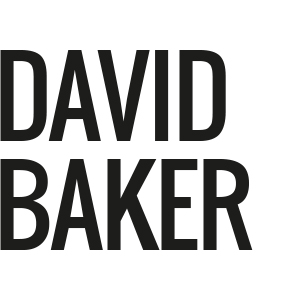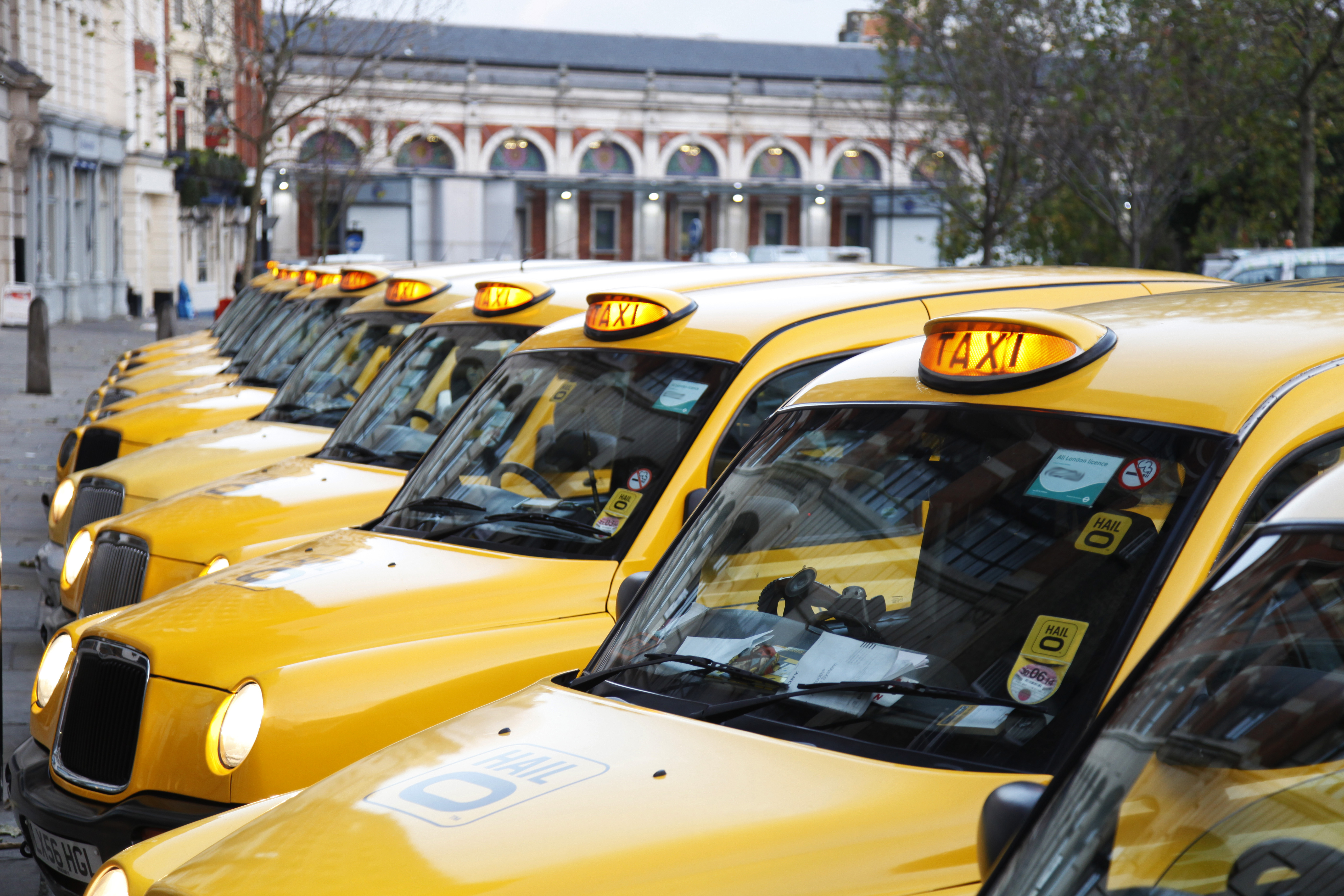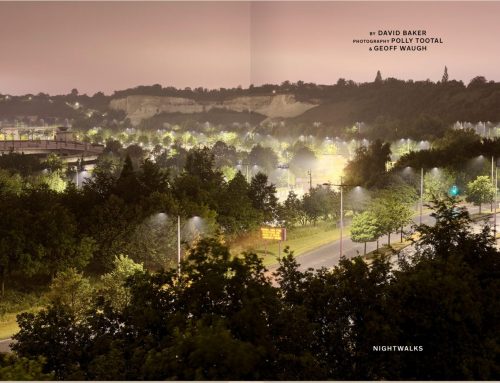Jay Bregman has launched his cab-hailing startup Hailo in nine cities — and the app is driving revenues
Wired, February 2013
If you’ve ever tried to hail a taxi in a big city, you’ll probably be familiar with the system of hopeful kerbside gesticulation — and its typically low success rate. It’s this urban problem that attracted Jay Bregman: “I have always been obsessed with eradicating inefficiency,” says the CEO of Hailo, whose taxi app is now up and running in nine cities around the world. “I lived in London in 2003, studying for a masters at London School of Economics, and from the window of my flat on Portobello Road I could see the two cashpoints that served the whole market. On busy days there would be 30 or 40 people waiting to use them and I thought: ‘If only we could figure out a pricing scheme, it would reduce the queues.'”
Bregman, 33, launched Hailo in 2010 on the back of the success of eCourier, a London-based same-day delivery company he set up, which uses GPS and a proprietry algorithm to link free couriers to incoming jobs. “In a way, cabs are a grown-up big brother of the same-day courier sector,” he says. “The taxi business is highly inefficient. Drivers are desperately looking for you while you are desperately looking for them. Many drivers have 30 to 60 percent downtime.”
Hailo wasn’t the first taxi app, but it has taken a cabbie-led approach to the business. “Our focus is on drivers first,” says Bregman. “Everyone else looks at the needs of passengers. We reversed that: to make the best passenger experience we focused on the best driver experience.” Bregman brought three London cabbies into his senior team, which also comprises former eCourier managers (he no longer has links with the company). From them, he learnt that the two greatest challenges cab drivers face are isolation and maximising profits. The company raised $3 million (£1.9 million) in seed funding in March 2011 from Atomico and Wellington, and developed a smartphone app which, in August that year, was offered free to cabbies across London. With this they can keep a personal journal, which shows how well they are progressing towards their profit targets, and receive and contribute to crowdsourced information about traffic jams, queues at taxi ranks and so on.
The app is now used by 9,000 London taxi drivers — about 40 per cent of all cabbies in the capital. Once the drivers’ app was in place, connecting them to fares was easy. A (free) consumer app uses the passenger’s location to alert the nearest driver. Once the fare is accepted, the passenger can see in real time where the cab is, when it will arrive and the driver’s mobile number. Thanks to the high take-up among drivers, cabs in central London are often close by.
“We aim to deliver to drivers only 20 to 30 per cent more incremental fares each day to fill their downtime,” says Bregman. “So we always have more drivers than we need. Hailing times in London are mostly down to two minutes, and they’re falling.”
Hailo makes its money by charging a commission to the driver or passenger, or both, depending on the city. In London, where cab fares are relatively high, the driver is charged about ten per cent of the fare. In New York, passengers are charged a fee to hail a cab. The company also operates in Dublin, Toronto, Boston, Chicago, Barcelona, Madrid and Tokyo, and at the time of writing, about 250,000 people have downloaded the passenger app. In March last year the company raised another $17 million (£10 million) in Series A funding from Accel, Atomico and Wellington. It aims to launch operations in several more cities by the end of 2013, but for the time being, Bregman is focused on creating what the Hailo website calls “the ultimate taxi experience” for its nine existing markets. He’s confident it’s getting there: “I downloaded the app in London recently and then flew to Toronto,” he says. “Straight away it found me a cab close to the hotel.”
But in case anyone thinks he is something of an efficiency freak, he’s keen to point out that his home is comfortingly chaotic. “It’s beautiful that my personal life is governed by randomness,” he says.






